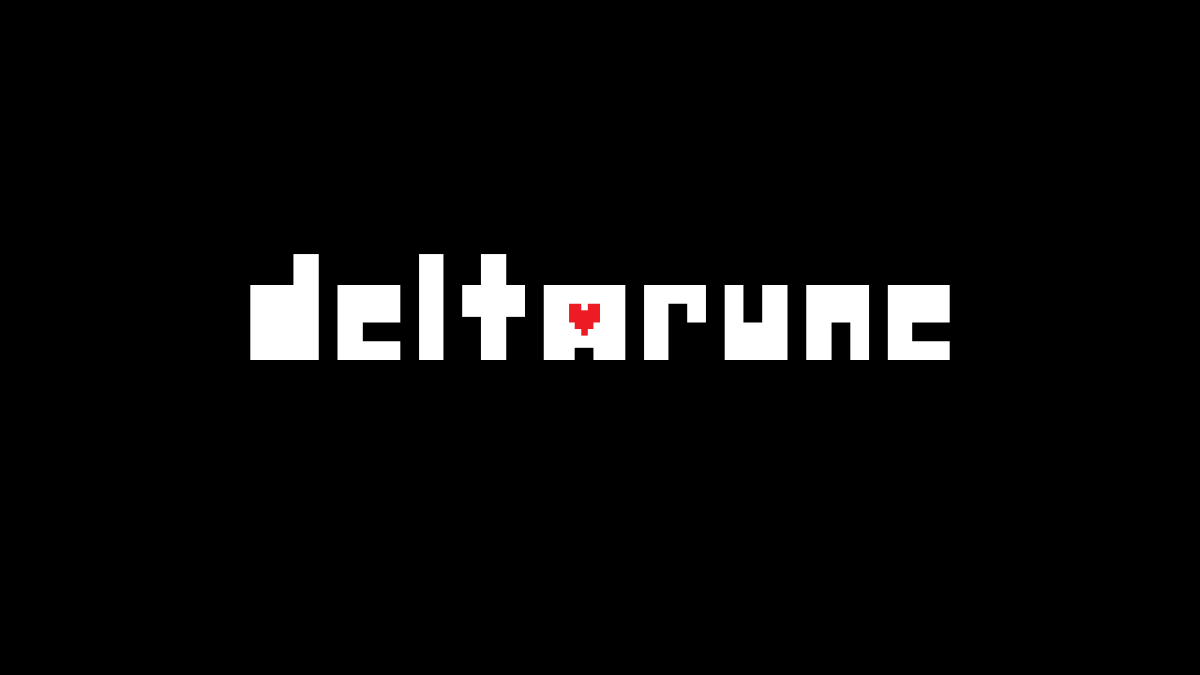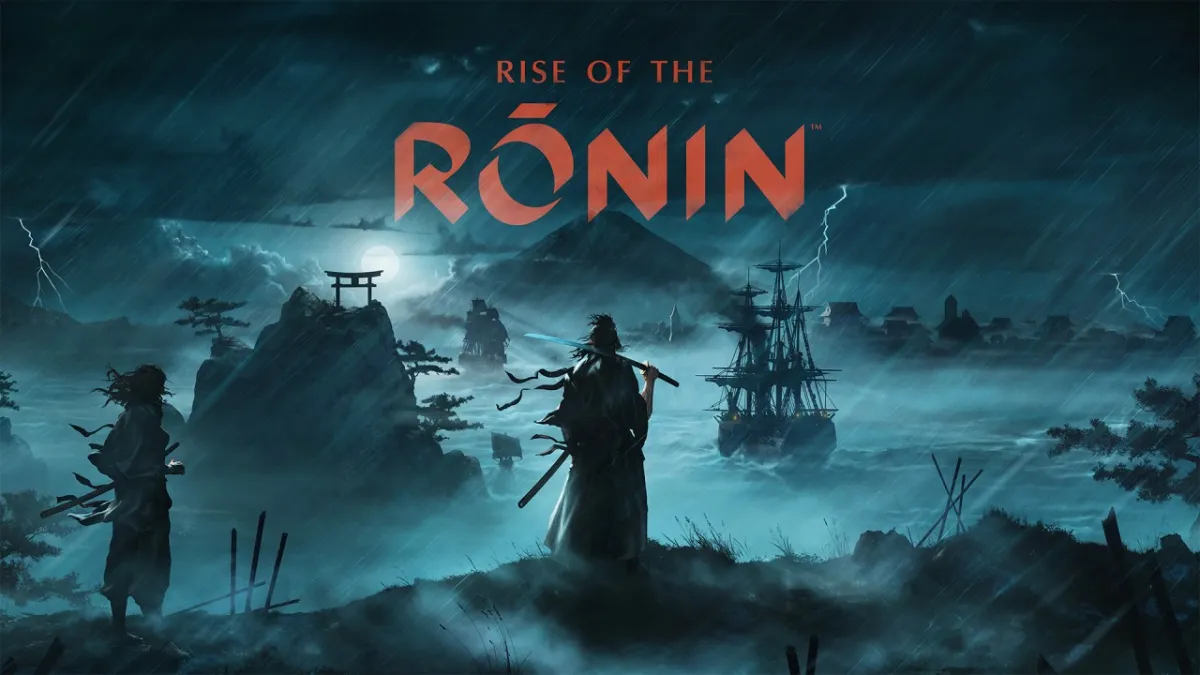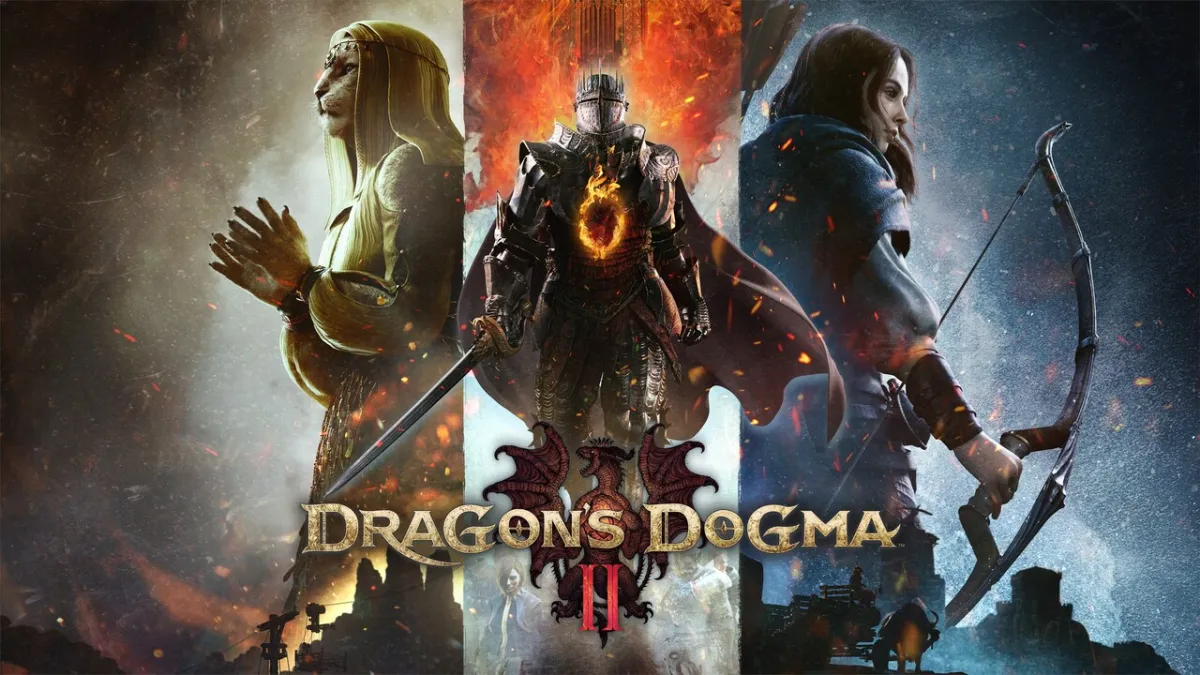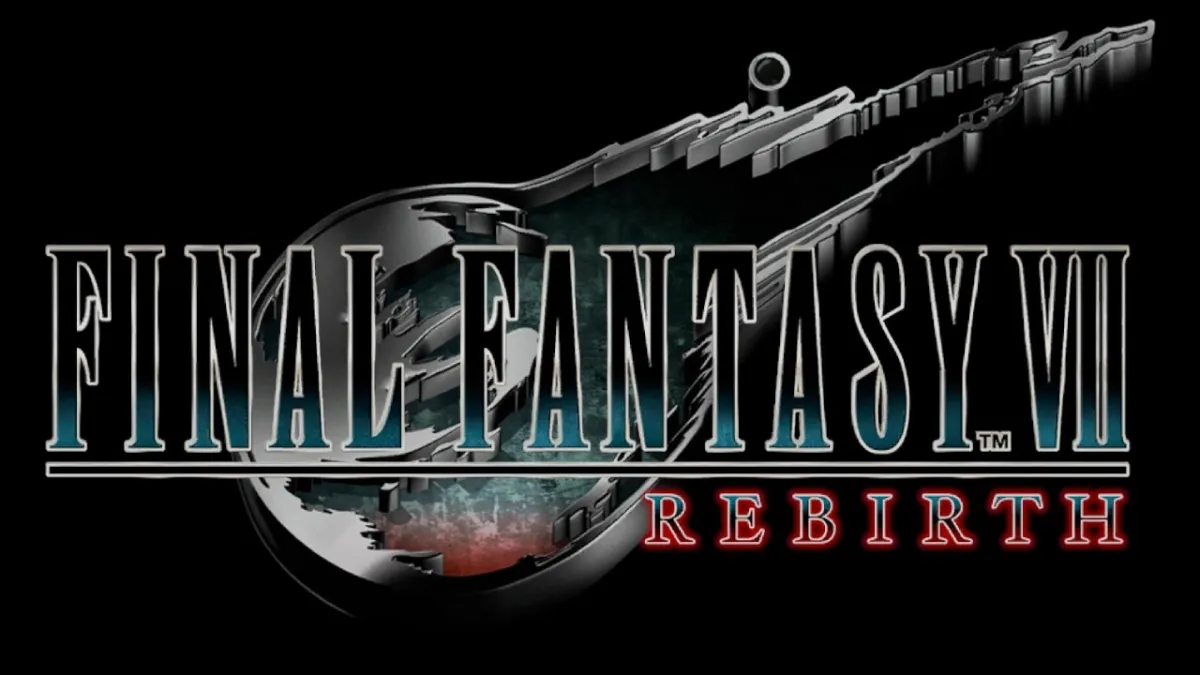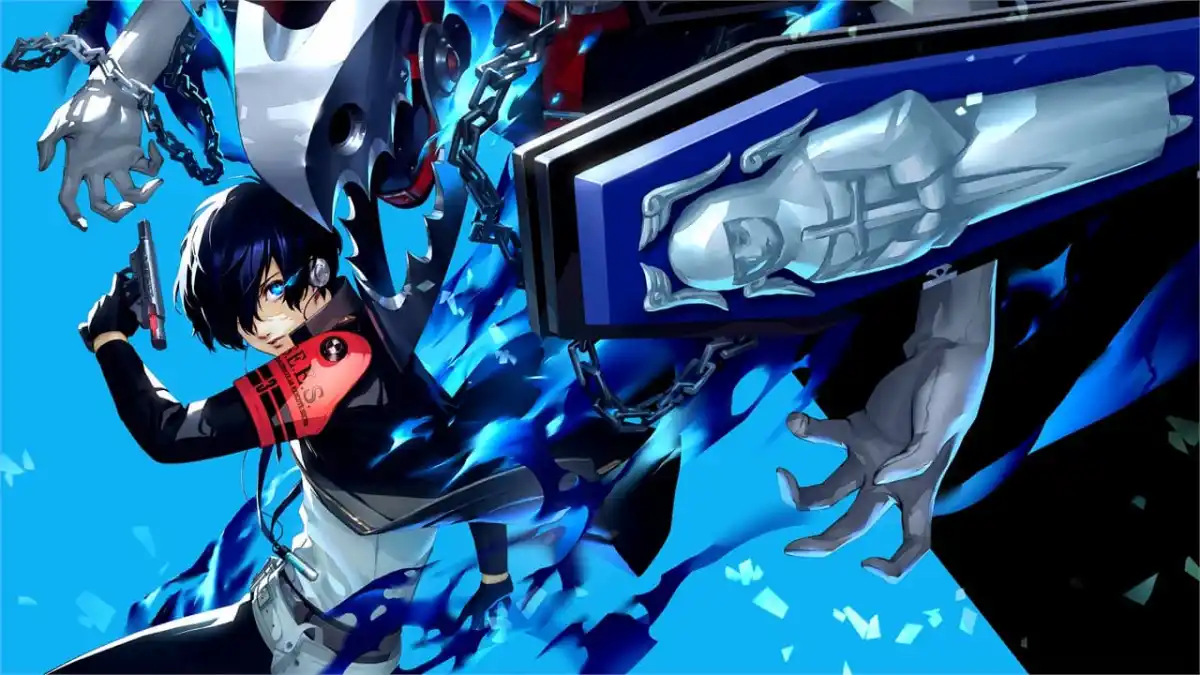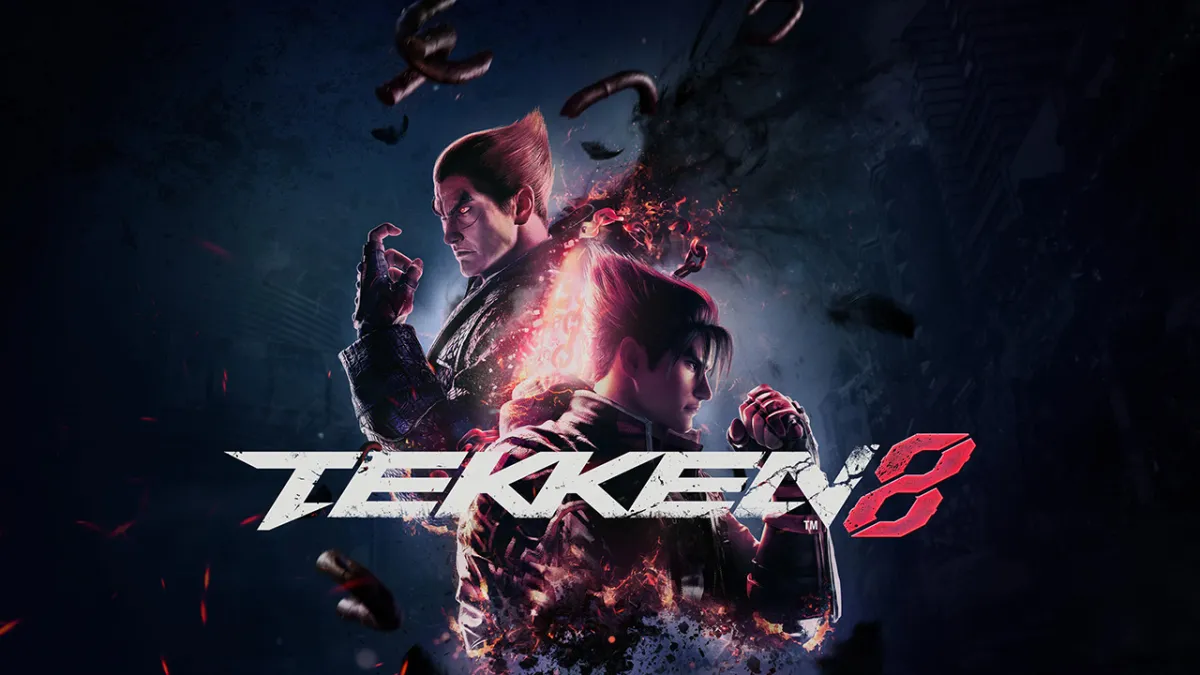Three years ago, unknown indie developer Toby Fox released his first wholly original game, Undertale. The game quickly become one of the indie scene’s critical darlings, garnering tons of praise from critics and developing a very strong fanbase. Over the past few years after Undertale‘s release, however, Fox had been pretty quiet about any other projects he may or may not have been working on. Undertale had gained ports for PS4, PS Vita, and the Switch, but there was no news on any kind of sequel or follow-up, despite how much fans may have demanded one. That is, until recently. Just a couple of days ago, Fox took to Twitter to tease some sort of big, Undertale-related announcement. Then, yesterday, on Halloween, a whole new game was dropped on us: Deltarune. Well, not the whole game. Just the first chapter. But man, was yesterday an interesting day.
Before you continue reading this review, I would implore you to play the first chapter of Deltarune for yourself. You can download it for free from the game’s official website, and it only takes a few hours to get through. But more importantly, it’s almost impossible to discuss this game without getting into some sort of spoiler territory. There’s a reason why Toby Fox himself requested on the game’s website that fans not discuss the game until 24 hours after its release. Even discussing things like basic gameplay mechanics or story elements constitute spoilers in this case. So if you’re at all concerned with any of that kind of stuff, you might want to go play the game for yourself before you do anything else related to it or Undertale. Now, let’s begin.
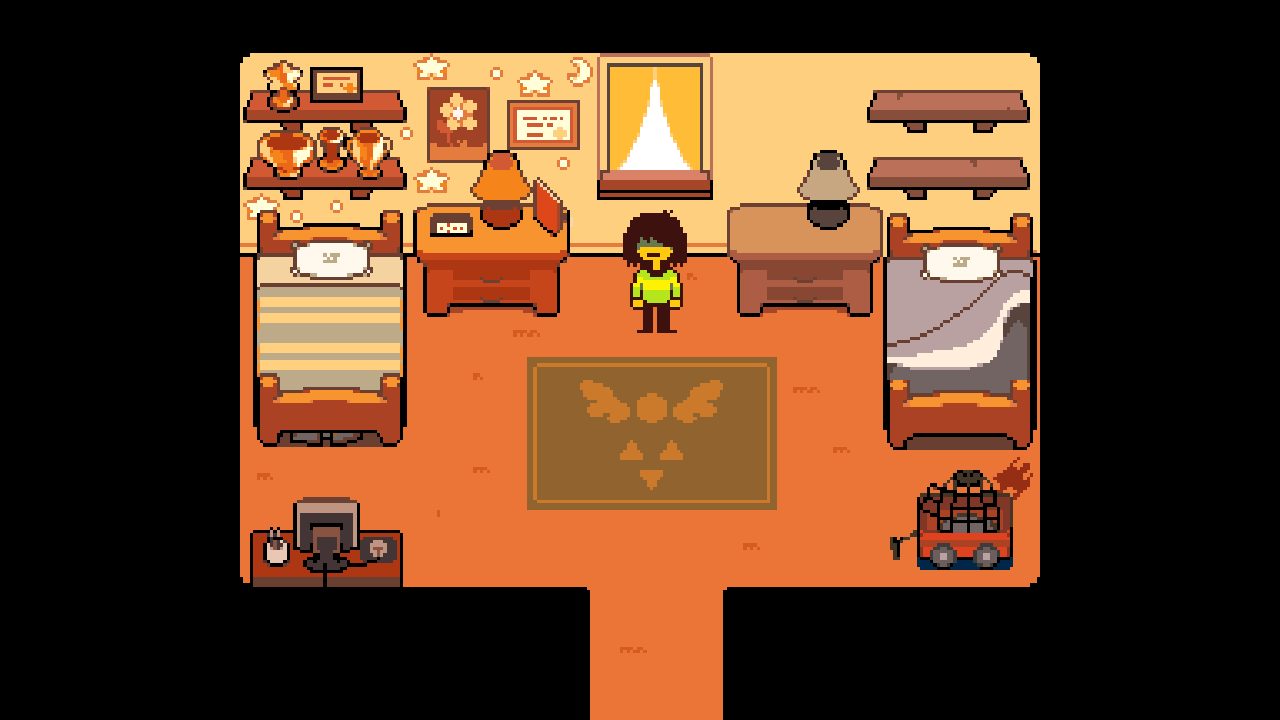
Fans of the series will feel right at home with this new entry.
So let’s get one thing out of the way first: Deltarune is not Undertale. Well, actually… It is and it isn’t. Let’s discuss some of the similarities between this new game and its predecessor first. Returning fans will be happy to see that many of the first game’s thematic staples make a return here. Deltarune retains the hilarious, quirky sense of humor and charming art style, as well as the penchant for an amazing soundtrack, from Undertale. Though it may be a completely different game, fans of the series (we get to call it a series now) will feel right at home with this new entry.
One of the greatest things about Deltarune is that Toby Fox knows just how much fan service and references to include. There are returning characters, but they act in a more tertiary role, rather than stealing the spotlight from the new protagonists. There are a lot of allusions to the first game, but never too many. Just subtle nods here and there; many of which will only be noticed by more hardcore fans. There’s plenty here for fans of Undertale, but it never distracts from the new ideas that are presented.
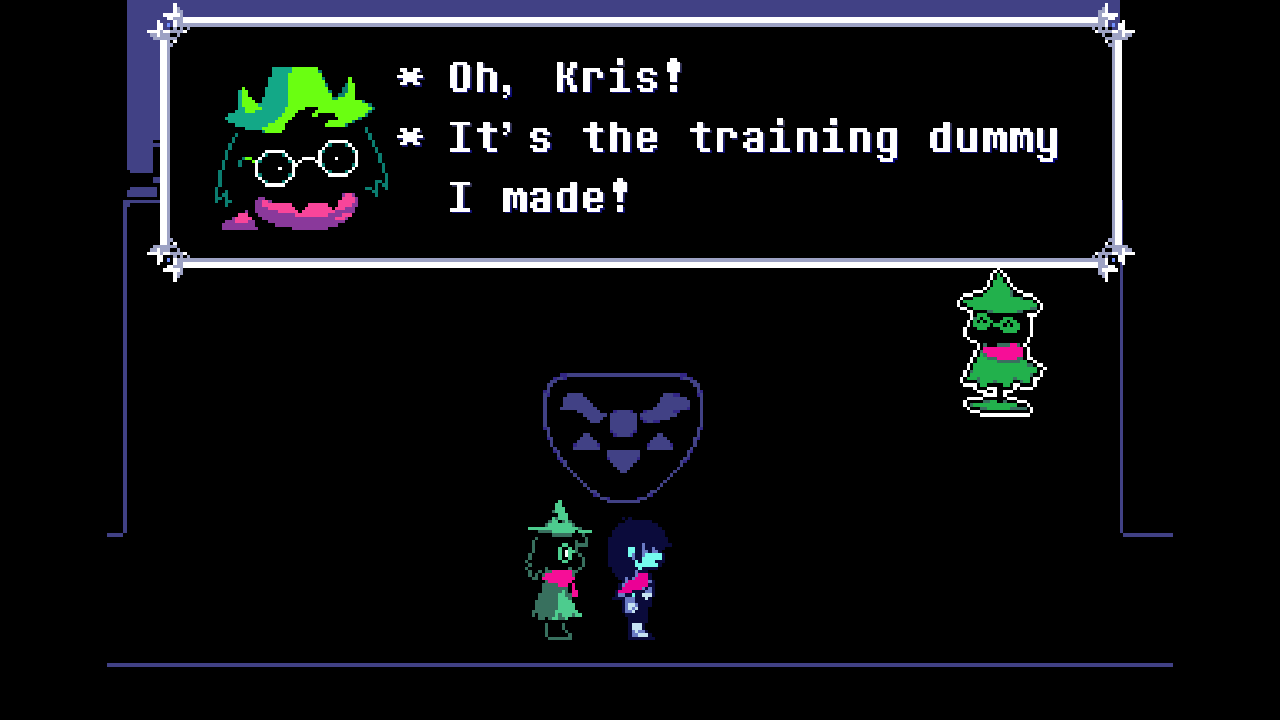
So now let’s talk about everything new that Deltarune brings to the table. And there’s a lot. Despite resembling Undertale in attitude and presentation, this new game is entirely its own thing. The most noticeable change from the first game is the largely overhauled combat system. The bullet-hell style combat remains and is still as fun as ever, but now players will have a whole party to manage, rather than just their single playable character. And in true RPG fashion, each member of the party has their own unique role to play. Which leads to another new feature: Magic. Fighting, Acting, Sparing, and using items are still a part of the game, but now some characters in the party will have a Magic option as well, which works pretty much how you’d expect, with one Magic-user in your party specializing in offensive Magic, while the other in healing and more pacifistic Magic. There’s also a new Defend option, which works in conjunction with Magic, as Defending not only increasing your Defense, but will also raise the amount of Tension Points (this game’s Magic or Mana) the party has. These Tension Points are pretty unique from the Magic or Mana you might find in other RPGs, however, in that you don’t have a set number of TP, but rather a percentage bar, with Magic skills requiring percentages of your total TP, rather than a number of points. What’s also interesting is that your TP bar resets to 0% after every battle, so you’ll have to start each new battle with 0% and gain it up again throughout the battle. This puts an interesting twist on the RPG formula of Magic usage, as players are more incentivized to use whatever TP they are able to raise in a battle, rather than trying to save it for future battles. Plus, whatever TP you have leftover after finishing a battle gets translated into reward money once you win. All of this makes for quite a unique Magic mechanic that I found very interesting and fun to use.
Deltarune is a delightful, awesome experience overall.
Deltarune also boasts a completely new soundtrack, great new characters, entirely new locations, and a totally new story that doesn’t do any retreading. What might be the most interesting thing about this game, however, is where it fits into the overall Undertale lore. It isn’t clear when or where in time or space this new game takes place in relation to the first game, and it only gets more convoluted and confusing the longer you play. But I mean this in the best way possible. You’ll never get frustrated trying to figure out the story or lore presented here, but you will always be interested. Again, this is another example of Toby Fox knowing exactly how much of something to add, without under- or over-doing it. The result is a fascinating game that I can’t wait to learn more about as future chapters are released.
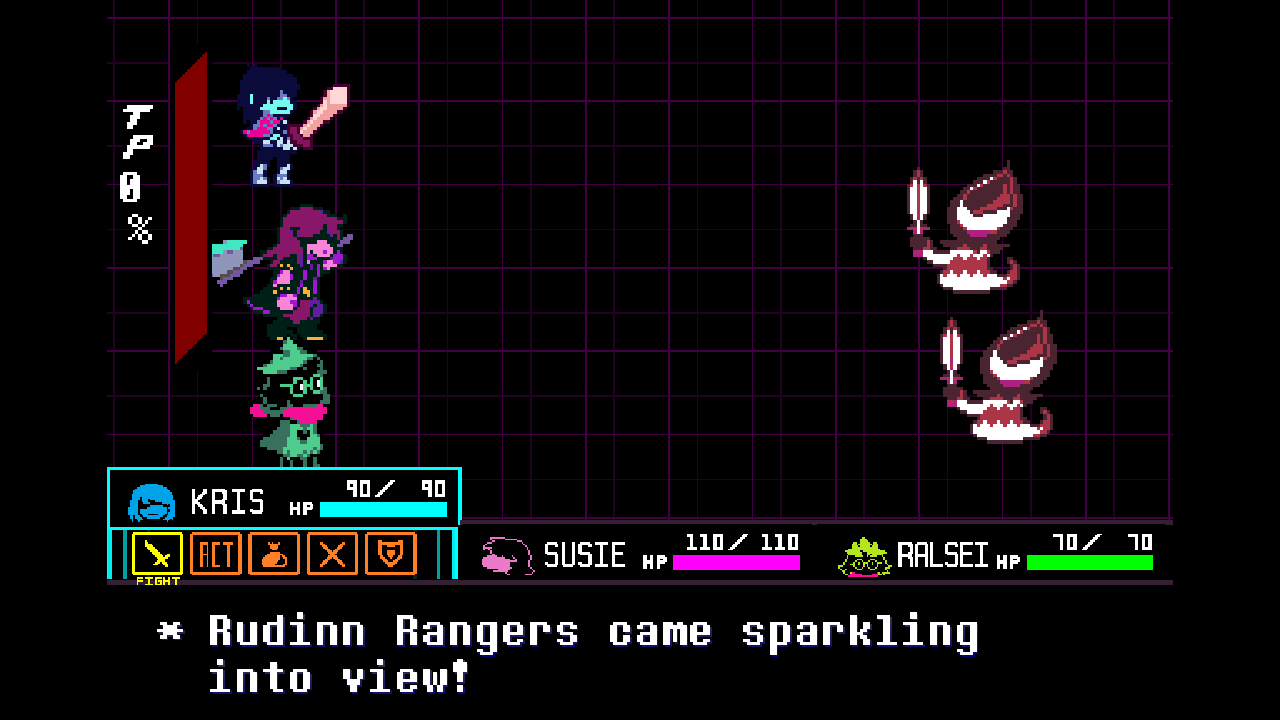
Although Deltarune is a delightful, awesome experience overall, it does have a few things that could be considered minor shortcomings. For example, one of the things that made Undertale so great in my opinion is that it cleverly and hilariously satirized RPGs in a number of ways. This new game removes much of the satirical elements its predecessor is known for and replaces them with actual RPG elements. Not that there’s anything necessarily wrong with that; the game is still great and fun. It just makes the game feel not quite as unique as Undertale, which is kind of ironic since Deltarune largely adopts many of its new features in an attempt to differentiate itself from Undertale. There’s also the fact that this game tries to go for a bit of a more mature tone than the last game, as noted by a self-referential Easter Egg in which Toby Fox basically spells out that he wants this sequel to be more dark and mature than his first game. Unfortunately, the result of this is that the tone of this game feels very similar to Undertale, just with characters saying “ass” much more often, which kind of betrays the overall tone a bit.
Some Undertale fans may also be a bit disappointed to find that player choice doesn’t play nearly as prevalent a role in Deltarune. Which is fair enough, since the game literally starts off by informing the player that their choices don’t matter in this game, before reminding the player of this a few times in the game itself. But, again, it’s just a bit of a shame that something that made Undertale so unique and special is largely missing in this new game. Sure, you still get to decide whether you want to fight or spare enemies, but the result is largely the same regardless, whereas it could have led to a completely different experience in Undertale. It also largely reduces the game’s replay value, since, aside from a few minor dialogue differences, there isn’t much reason to go back and try the game again making different choices. This doesn’t make for a bad game by any means; it just means it isn’t quite as extraordinary as Undertale is. The last thing I’ll say is that Deltarune also didn’t exactly deliver on the emotional aspect as much as Undertale did. But that being said, this is only the first chapter of the game, so there’s still plenty of time for the game to increase its tear-jerking ability.
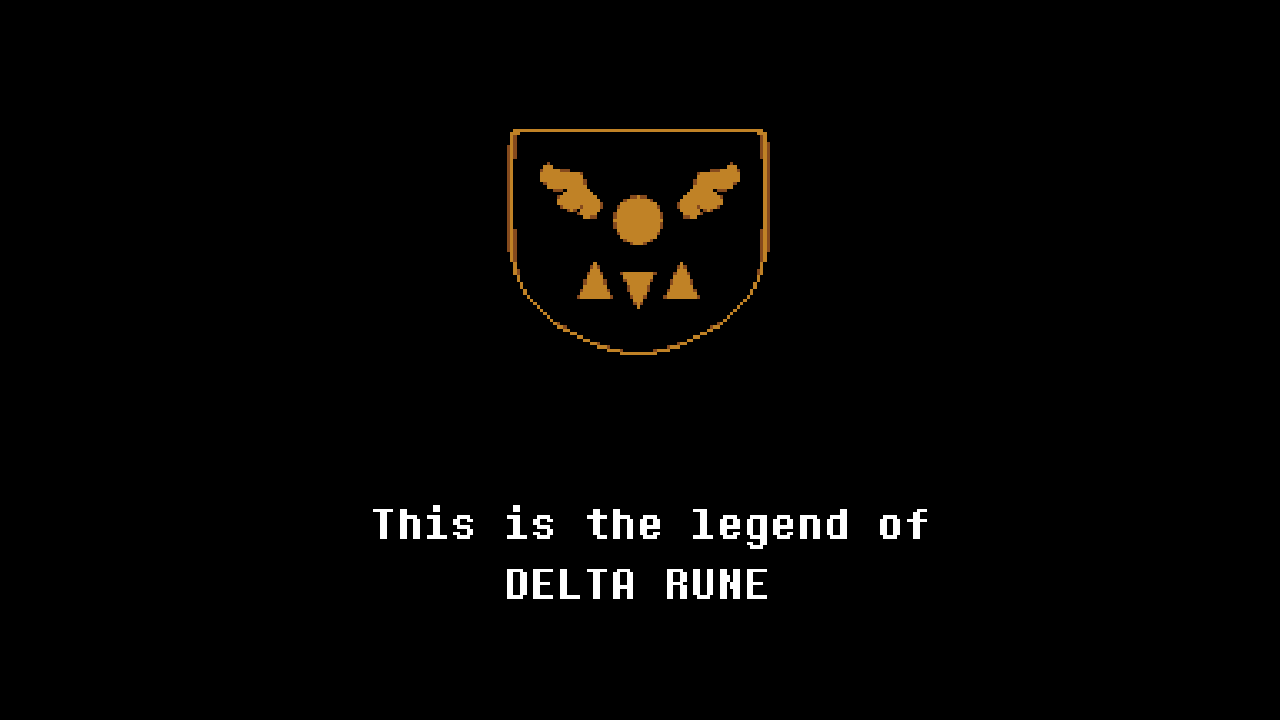
The Verdict
So far, Deltarune is proving to be a fantastic follow-up to Undertale. It may not be the near-perfect masterpiece I consider Undertale to be, but it successfully holds onto much of what made the first game great while making adjustments and finding its own place as well. This first chapter gets the game off to quite a start, with Toby Fox proving that he is much more than just a flash in the pan.


